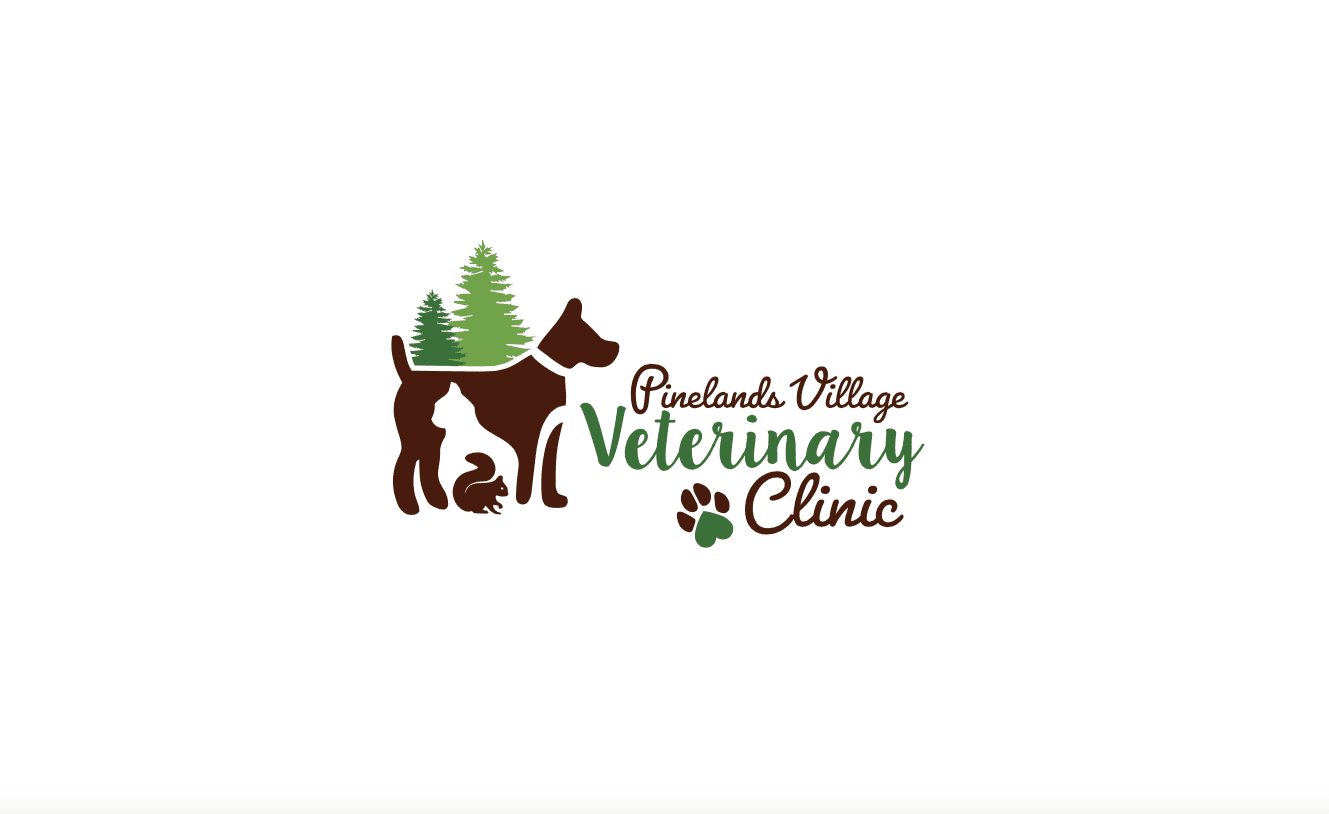Ah summer. Long days, warm weather, holidays and good food. When December rolls in, we tend to breathe a sigh of relief as things wind down for the silly season and we get the chance to indulge. Often this extends to our fur children as well. And while we can do the extra exercise to work off the extra food, it’s not always possible for our pets to do the same. And human food affects animals differently.
Not Safe For Pets:
Some foods that are safe for humans to eat can be toxic for dogs and cats. Or dangerous. Dairy, like that tasty chunk of cheese, can make your dog ill, as they do not digest lactose well. And bones, raw or cooked, are a massive risk for internal injuries like blockages or rupturing intestines. Xylitol is also a hidden ingredient in a lot of human food as a sugar substitute; this can send a dog into hypoglycaemia and ultimately liver failure.
Most people know that things like chocolate and grapes/raisins are poisonous for dogs, but they don’t often think of things like meat as being a problem.
Perhaps, more so is the fat that goes with the meat. Or in the gravy. Or in the treats.
Jack Sprat could eat no fat… and neither should your dogs:
Pancreatitis is a condition in which the pancreas becomes inflamed and starts to digest itself. Normally, the pancreas is responsible for releasing enzymes to help digest the food eaten. While a large number of cases of pancreatitis are caused by unknown reasons, about 60% are caused by dietary problems. This can be a sudden change in diet, or a diet that is too fatty.
Just as you might want to try and be a (little) bit healthier this festive season by cutting the fat off your meat, your pets also need to stay healthy. You may think you are spoiling your pup by giving them those tasty fatty offcuts, but you may instead only be spoiling their pancreas. And your wallet with the ensuing vet visits.
It May be a Holy Season, but your Dog isn’t Praying:
Signs and symptoms of pancreatitis in your dog include nausea and/or repeated vomiting, lethargy, fever, loss of appetite, abdominal pain/bloating and dehydration. Another sign of pancreatitis can be your dog taking the “prayer position.” The front legs are stretched out in front while the rear end is in the air. If you suspect your dog is suffering from pancreatitis, take them to a vet immediately.
As ever, prevention is better than cure. So please, for the love of tasty treats, don’t give your dogs all that extra fat you don’t want. Or pour that rich gravy over their pellets. Or let them lick out all those pots and pans before they get washed. Rather give your pups some healthier treats – the lean meat snacks like chicken, or even vegetables. Carrots do seem to be a favourite among dogs. And you don’t even have to cook them.
And if you’re looking to keep your dogs occupied on Christmas day while you enjoy your special meal, give them a large bone that can’t splinter or become a choking hazard. You can buy these from butchers. A rubber toy (like a Kong toy) filled with xylitol-free peanut butter will also do the job.
If you are unsure what you can and can’t give your fur kids as treats, speak to your vet. There are also tasty, healthy options for sale at Pinelands Village Veterinary Clinic that will make excellent Christmas presents for your pets.
P.S.
In case you thought you only had to be careful with your pooches this festive season, cats can also get into trouble! We all love the videos of cats destroying Christmas trees, but make sure they are not actually eating anything. Tinsel in particular can cause problems as it is long and can get stuck in throats and stomachs in cats. If you’re looking for toys for your cats this holiday, tinsel is not it.
